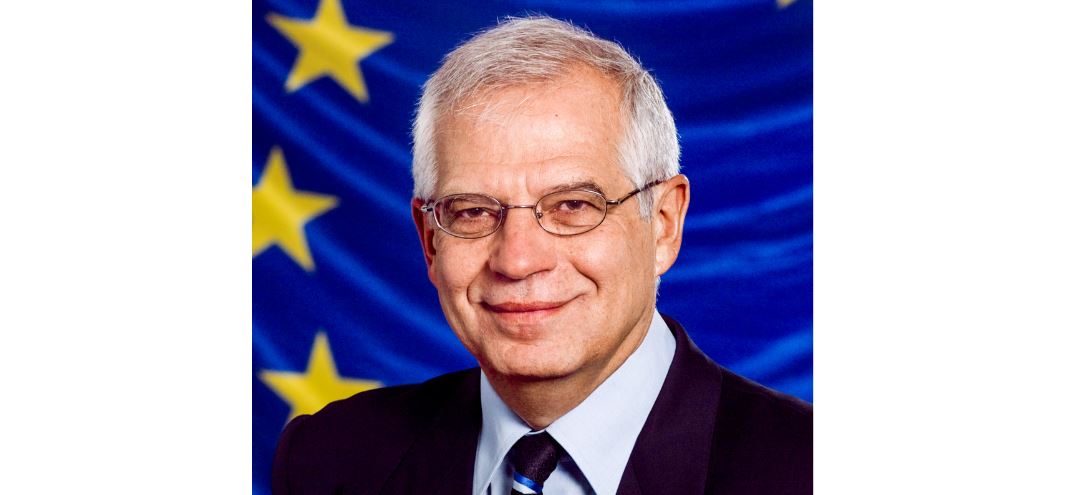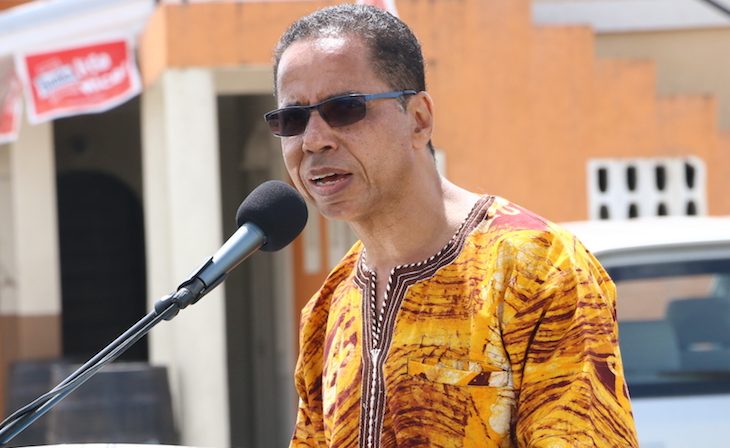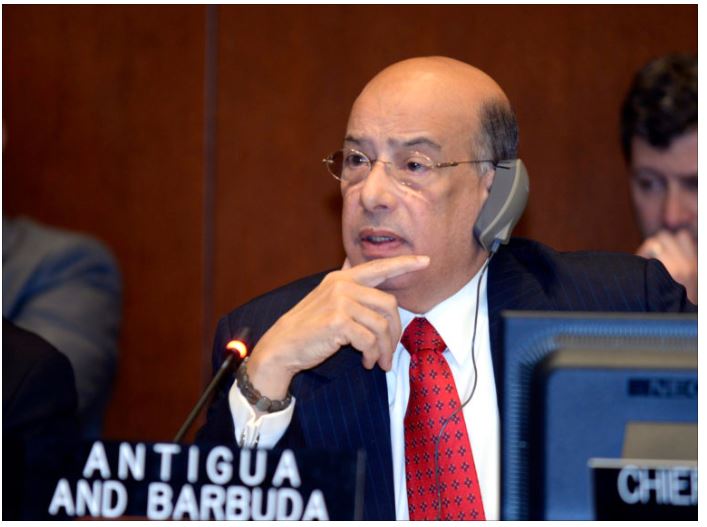By Josep Borrell
A few years ago, the European Union placed the concept of resilience at the centre of its Global and Security Strategy. In a more complex, contested and interconnected world, the assumption made was that security and well-being were going to face new geopolitical challenges as well as transnational risks derived from globalization.
This required strengthening the capacity of each country to adjust and overcome external shocks. This is an objective of our international cooperation, but it also challenges an EU that knows that it is vulnerable to these risks.
Today, the COVID-19 is a critical test of resilience for societies, economies, and governance around the world. In the face of a global pandemic, there is no room for exclusively national responses or an interested use of cooperation or economic power for geopolitical purposes.
To be sure, there are different capacities and responsibilities to start with, but without mutual support or joint global actions, the impact of the disease can be even more devastating for everyone.
The European Union and its citizens are going through very hard times. But we are aware that to overcome the pandemic we must cooperate with all our partners, working side by side. And we know this because we have been doing it for decades throughout the world, facing other shared challenges, and in particular in Latin America and the Caribbean. And that is why, despite our own difficulties, the European Union has decided to immediately reorient the technical and financial cooperation programmes with Latin America and the Caribbean to respond to this pandemic, with a total of 918 million Euros, as part of the global response in support of the efforts of partner countries to tackle COVID-19.
Thus, 9 million Euros will be allocated to finance the work of the Pan American Health Organization (PAHO), and the International Federation of the Red Cross in Venezuela and neighbouring countries.
In the Caribbean, the EU is funding the Caribbean Public Health Agency (CARPHA) with 8 million Euros to support national health systems across the region, to purchase medical equipment, and to acquire COVID-19 vaccine when it becomes available.
More specific individual support is also being provided to the OECS countries and to Barbados through a frontloading of ongoing EU-funded programmes while reinforcing social protection programmes in support to the most vulnerable. In addition on 27 March, Saint Lucia reached a critical milestone with the full transition from the Victoria Hospital to the Owen King European Union (OKEU) Hospital, a project financed by the European Union.
It is the largest EU estate project in the region amounting to 36 million Euros towards the physical construction of the hospital and a further 8 million Euros for the provision of medical equipment and furniture. The new hospital will prove pivotal in increasing the country’s medical capacity in the context of COVID-19 pandemic.
In addition, the European Investment Bank has announced that it can provide loans for emergency healthcare expenditure related to the COVID-19 pandemic, as part of its package to respond to urgent financing needs in more than 100 countries worldwide.
Beyond these resources, where our strategic partnership with Latin America and the Caribbean can be most effective in promoting together a robust coordinated and multilateral response. Our regions have known how to respond to the health crisis, applying drastic but necessary measures such as social distancing or confinement.
But the health crisis knows no borders, regions or countries. The challenge has only just begun. The coronavirus is causing a global economic crisis, which will increase inequalities and more severely affect the most vulnerable.
Europe and Latin America can do much more if we act together, advancing a multilateral agenda in the G20, the UN and the multilateral financial institutions so that there is more fiscal space to avoid health collapse, economic collapse and a serious social crisis.
The IMF and the World Bank have already announced financing facilities and debt relief for the poorest countries, but middle-income countries burdened by high indebtedness should not be forgotten.
The coronavirus is an unprecedented challenge to the global economy. An effective response will need to mobilize international collective action. The EU and Latin America and the Caribbean – an association of 60 countries – must join forces again.
It is in times of acute crisis when the ties between friendly countries are tested. And this crisis has once again reminded us that our resilience also depends on international cooperation. We will only come out of this crisis together.





Thank god. Together we can stop the spread